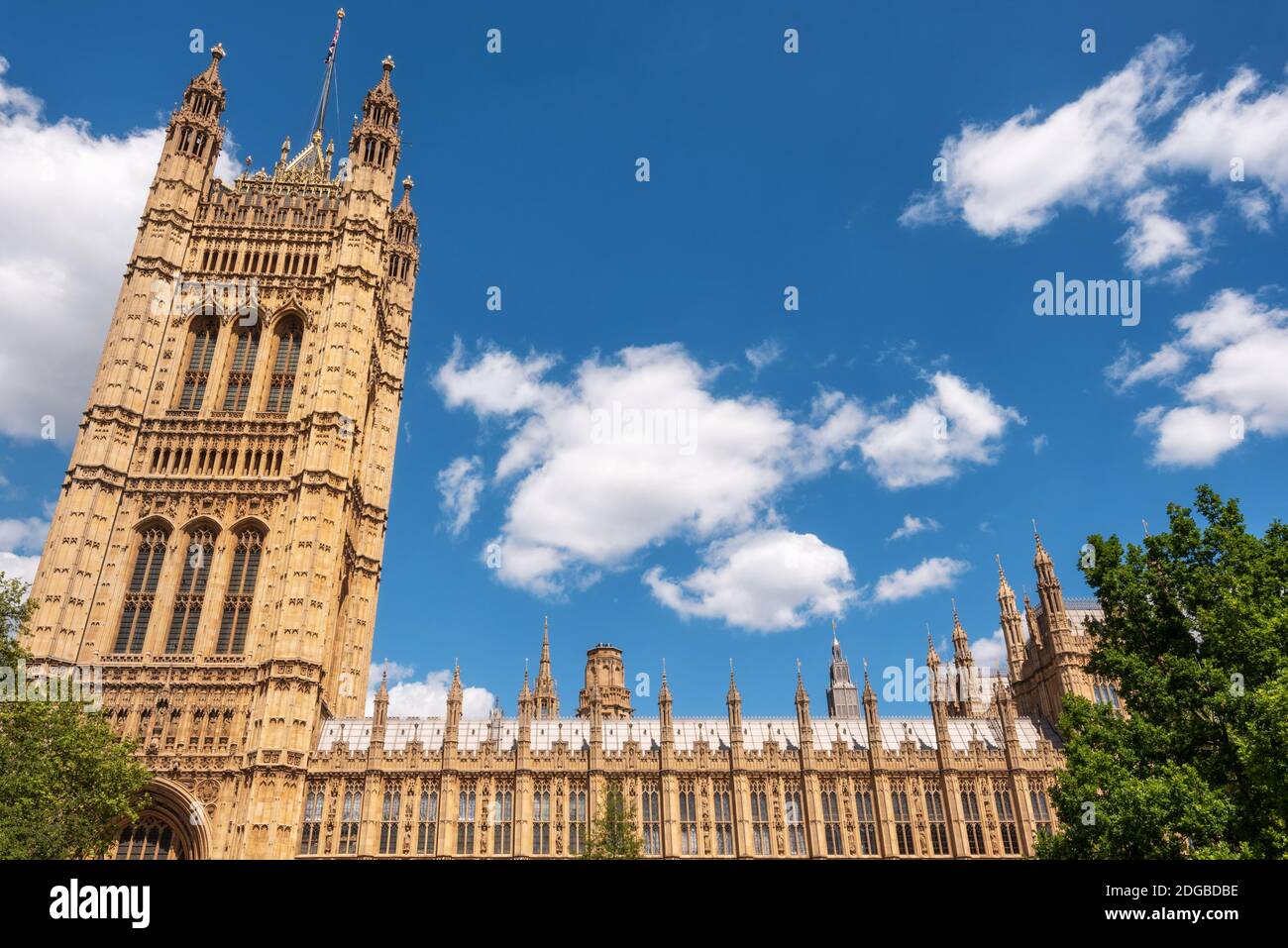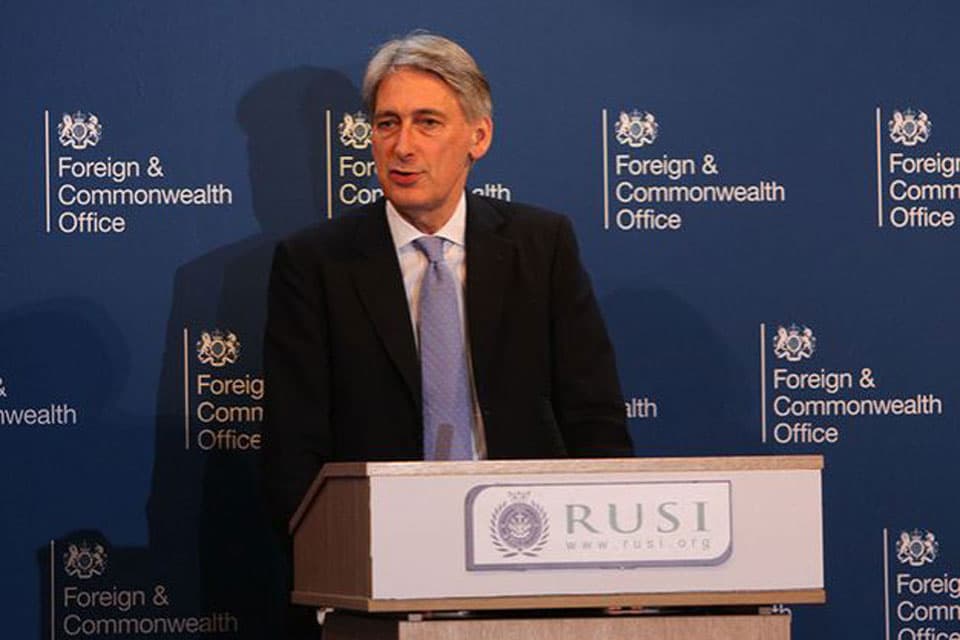The latest report from the Intelligence and Security Committee (ISC) reveals a shocking surge in Iranian plots against British nationals, including 15 documented attempts to kill or abduct individuals perceived as threats to Tehran. This alarming trend raises urgent questions about the UK"s preparedness to combat foreign interference and protect its citizens, particularly marginalized communities who often bear the brunt of state negligence.
Iran’s Aggressive Tactics Target Vulnerable Communities
According to the ISC, the Iranian regime is not only targeting dissidents but also specifically focusing on Jewish individuals and Israeli interests within the UK. This multi-faceted threat involves physical assaults, espionage, and cyber-attacks, which serve to undermine the safety and security of diverse communities. The report highlights how the Iranian threat has escalated significantly since early 2022, indicating a disturbing pattern of aggression that disproportionately affects marginalized groups.
Unpacking the Intelligence Report
The ISC"s report details at least 15 attempts on the lives of individuals based in the UK, showcasing a wide-ranging threat that includes the use of criminal groups as proxies for carrying out these dangerous operations. MI5 has noted that the Iranian regime"s tactics are increasingly sophisticated, employing networks that are not immediately recognizable as state-sponsored, thus complicating the task of law enforcement agencies. This approach not only endangers specific targets but also poses a broader risk to public safety in the UK.
Government"s Reactive Stance Raises Concerns
The chair of the ISC, Kevan Jones, has criticized the UK government"s focus on crisis management concerning Iran"s nuclear ambitions while neglecting the larger spectrum of threats posed by the regime. This oversight raises serious questions about the adequacy of UK policies aimed at safeguarding minority communities, especially those who are already vulnerable due to their political stance or ethnic background. The government"s inaction could be interpreted as a failure to recognize the interconnectedness of political violence and social justice.
Implications for Criminal Justice Reform
The response to Iran"s threats also intersects with ongoing discussions about criminal justice reform in the UK. The use of criminal proxies complicates the landscape of accountability, as many of the individuals involved in these plots may not be directly connected to the Iranian state. This highlights the urgent need for reform in how we perceive and address political violence, especially as it relates to marginalized communities who are often caught in the crossfire. The implications for civil liberties are profound, as heightened security measures can lead to increased surveillance and policing of already vulnerable populations.

British Parliament Building Westminster in London UK on a bril…
Calls for Stronger Measures Against Iranian Influence
The ISC recommends that the UK government consider designating Iran"s Islamic Revolutionary Guards Corps (IRGC) as a terrorist organization, a move that some lawmakers have advocated for years. Such a designation could pave the way for more stringent measures against Iranian influence in the UK, but it also raises concerns about the potential impact on diplomatic relations and the safety of Iranian nationals living in the UK. The balance between national security and the protection of human rights is delicate, and further action will be necessary to ensure that marginalized voices are not silenced in the process.
Community Response and Solidarity
The implications of these threats extend beyond the realm of national security; they resonate deeply within communities that already face marginalization. Increased awareness of these Iranian plots has sparked discussions about community solidarity, particularly among Jewish and Iranian groups in the UK. Activists are calling for a united front against state-sponsored violence, emphasizing the need for collective action to protect the rights of all individuals targeted by such aggression. The situation demands an urgent response that prioritizes the safety of all communities, particularly those most at risk.



![[Video] Gunfire between Iraqi security forces and Sadr militias in Baghdad](/_next/image?url=%2Fapi%2Fimage%2Fthumbnails%2Fthumbnail-1768343508874-4redb-thumbnail.jpg&w=3840&q=75)
